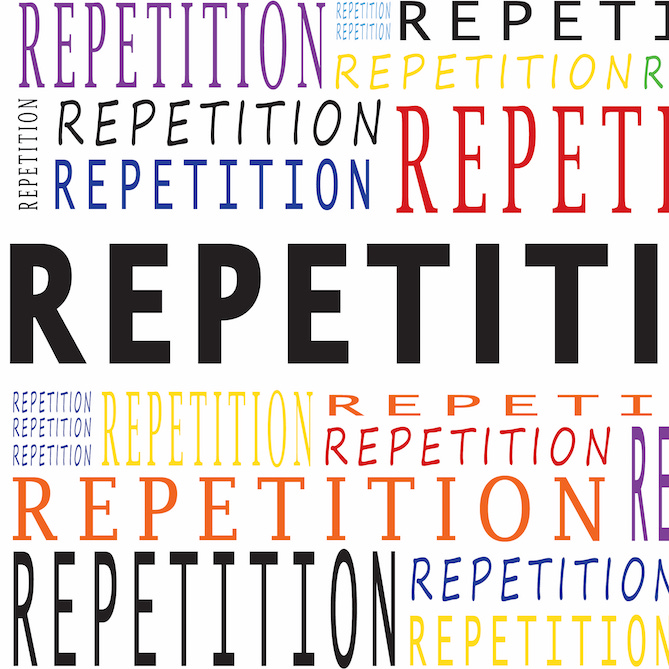
Hit or Miss
Selma Gokcen
“Under the ordinary teaching methods, the pupil gets nineteen wrong to one right experience. It ought to be the other way round.”
—F.M. Alexander
A young instrumentalist aiming for a professional life onstage puts in a staggering number of practice hours during their formative years. I heard the director of our Conservatoire recently state the figure of 8 to 10 hours a day for the 18-24 year olds at undergraduate and graduate levels. Does he think that’s what’s happening in the practice room or wish that it were so?
Either way, it’s alarming to think that so much time is spent sitting and using the fine muscles of the fingers in relentless repetitive motions. Were we, are we designed for this kind of activity? Maybe the better question to ask is: is it necessary?
F.M. Alexander discovered that most repetition is a complete waste of time (and harmful besides) unless it is founded upon what he called “the means-whereby.” Repetition is usually geared to obtaining an end result and that’s where so often the “hit or miss” approach comes in. We go after what we want without a full understanding of the necessary means to achieve it; we work parts without a grasp of the whole of ourselves in movement.
The “means-whereby”—the relationship of the head, neck, back, pelvis and feet, also referred to by Alexander as the Primary Control, affects the use of the arms, hands and fingers. By paying attention to the “means-whereby” we can be taken reliably to the end result on the printed page. True control is a result of another level and quality of thinking in activity, as he called it.
Missing or muffing a passage in performance that one has practised over and over again…it happens to most of us, but in his long and in-depth discussions about the “means-whereby,” which can be found in his marvellous book, “The Use of the Self,” F.M. is saying something revolutionary about learning. He is asking us to look at how we learn, at the very learning process itself. If we spend 10,000 hours practising our instrument, shouldn’t our delivery be reliable? 10 times out of 10?
My experience in the Alexander Technique has revealed that once the coordination is working properly, the fingers can deliver accuracy. It’s not a battle, it’s a conditioning of sorts, learning to place our attention differently. The means determine the ends, and the main difficulty, as Alexander used to say, is in the breaking of the habit of going for what we want directly. In the practice room we can continue marching to Rome according to a destination map to Berlin, or we can stop and ask: which way are we really headed?
The shift that never quite worked can be accurate time and again if the neck remains free and the spine lengthens instead of contracts as we initiate the movement. It is simple, and it works. But easy? Revolutions are not for the faint-hearted!
Subjects: Playing Healthy
Tags: accuracy, activity, Alexander Technique, cello, cellobello, conditioning, conservatory, Coordination, delivery, F.M. Alexander, Gokcen, habit, hours of practicing, necessity, Practice Room, Primary Control, relentless repetitive motions, repetition, results, Selma, the Use of the Self, young instrumentalists
